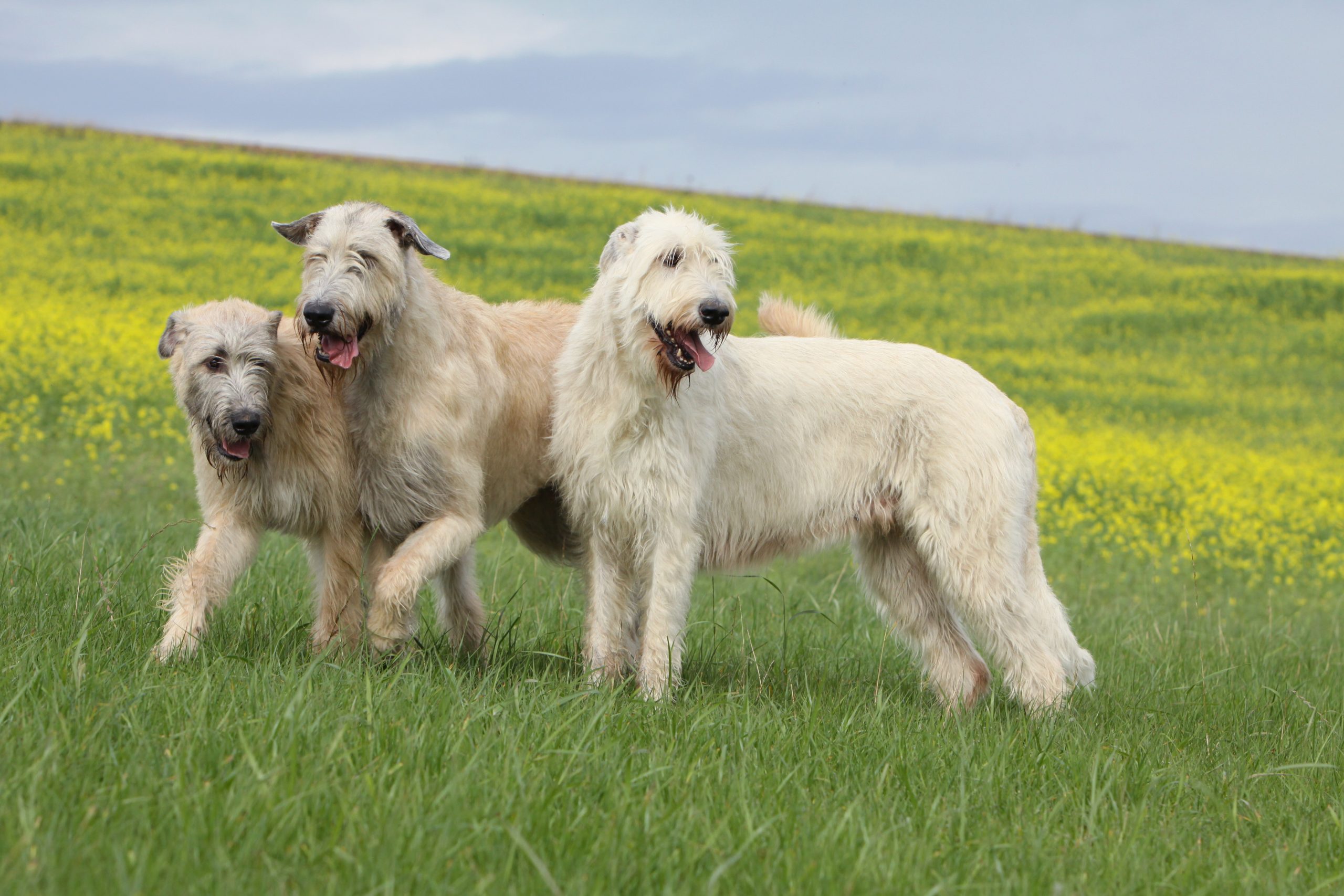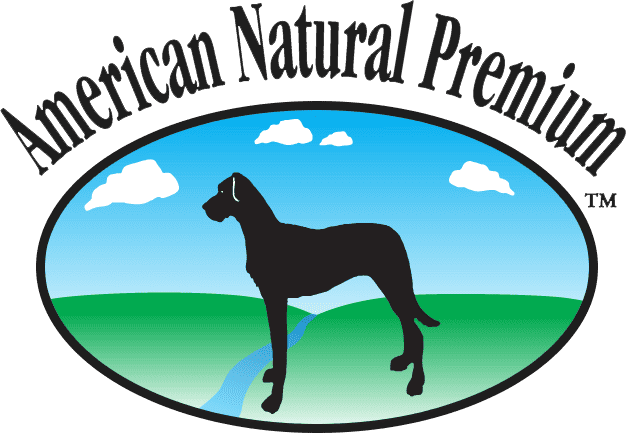Best Dog Food for Irish Wolfhound: Nutrition for the Gentle Giant

The Irish Wolfhound, standing as one of the tallest dog breeds in the world, is a magnificent sight to behold. These gentle giants, often reaching 32-34 inches in height and weighing 105-180 pounds, have unique nutritional requirements that differ significantly from smaller breeds. Understanding what constitutes the best dog food for your Irish Wolfhound is crucial for supporting their impressive size while promoting longevity and preventing the health issues commonly associated with giant breeds.
Understanding the Irish Wolfhound’s Unique Nutritional Needs
Irish Wolfhounds present a fascinating nutritional paradox. Despite their enormous size, they actually have relatively moderate energy requirements compared to smaller, more active breeds. These dogs were historically bred for hunting large game but are known today for their calm, gentle demeanor and relatively low activity levels as adults.
Their massive frame requires careful nutritional management throughout their lives, particularly during the critical growth period from puppyhood to maturity, which can extend up to 18-24 months. During this time, proper nutrition is essential to support healthy bone and joint development while preventing growth-related orthopedic problems that can plague giant breeds.
The breed’s deep chest and large size also make them susceptible to bloat (gastric dilatation-volvulus), a life-threatening condition that requires specific feeding strategies to minimize risk. Additionally, their relatively short lifespan of 6-8 years makes every aspect of their nutrition critically important for maximizing both quality and quantity of life.
Essential Nutritional Requirements for Irish Wolfhounds
Controlled Protein Levels: Unlike smaller, more active breeds, Irish Wolfhounds don’t require extremely high protein levels. Adult Wolfhounds typically do well on 20-24% protein, which supports muscle maintenance without overtaxing their kidneys. During puppyhood, slightly higher protein levels (22-26%) support growth, but excessive protein should be avoided to prevent rapid growth that can stress developing bones and joints.
Moderate Fat Content: These gentle giants benefit from moderate fat levels, typically 10-14% for adults and 12-15% for puppies. This range provides adequate energy for their needs without contributing to excessive weight gain that could stress their joints and cardiovascular system.
Balanced Calcium and Phosphorus: Perhaps no nutritional aspect is more critical for Irish Wolfhounds than proper calcium and phosphorus ratios. The ideal ratio is approximately 1.2:1 (calcium to phosphorus), with total calcium content not exceeding 1.5% in puppy food. Excessive calcium during growth can cause serious skeletal abnormalities and joint problems.
Glucosamine and Chondroitin: Given their predisposition to joint issues, foods containing natural sources of these joint-supporting compounds can be beneficial throughout their lives.
Easily Digestible Ingredients: To support their sensitive digestive systems and reduce bloat risk, Irish Wolfhounds benefit from highly digestible ingredients that empty from the stomach quickly.
Best Protein Sources for Irish Wolfhounds
Irish Wolfhounds generally tolerate a variety of protein sources well, though individual preferences and sensitivities may occur:
Lamb-Based Formulas: American Natural Premium’s Lamb Meal & Rice Recipe provides an excellent protein source that’s often well-tolerated by sensitive giants. Lamb offers high biological value with excellent amino acid profiles while being less likely to cause allergic reactions than more common proteins.
Fish-Based Options: Fish proteins are highly digestible and provide beneficial omega-3 fatty acids that support joint health and coat condition. American Natural Premium’s Fish Recipe with Zucchini & Carrots offers these benefits while being gentle on sensitive digestive systems.
Novel Protein Sources: For Wolfhounds with food sensitivities, American Natural Premium’s Duck Recipe with Butternut Squash provides an alternative protein that’s typically well-tolerated and highly digestible.
Managing Giant Breed Health Concerns Through Nutrition
Hip and Elbow Dysplasia: These orthopedic conditions are common in giant breeds. Maintaining optimal body weight throughout life is crucial for minimizing joint stress. During puppyhood, avoiding overfeeding and choosing foods with appropriate calcium levels helps ensure proper skeletal development.
Heart Disease: Irish Wolfhounds are predisposed to dilated cardiomyopathy and other heart conditions. Diets rich in taurine, L-carnitine, and omega-3 fatty acids may support cardiovascular health, though genetic factors play the primary role in heart disease development.
Bloat Prevention: This life-threatening condition requires specific feeding strategies including feeding smaller, more frequent meals, avoiding exercise immediately before and after meals, and choosing easily digestible foods that empty from the stomach quickly.
Bone Cancer (Osteosarcoma): While nutrition cannot prevent this devastating disease common in giant breeds, maintaining optimal body weight and supporting overall immune health through proper nutrition may be beneficial.
Age-Specific Nutritional Strategies
Puppies (0-18 months): Irish Wolfhound puppies require careful nutritional management to support healthy growth without promoting rapid development that can cause skeletal problems. American Natural Premium’s Large Breed Puppy formula is specifically designed with controlled calcium and phosphorus levels appropriate for giant breed development.
Adults (18 months-6 years): Adult Wolfhounds typically do well on maintenance formulas with moderate protein and fat levels. Their relatively calm nature means they often require fewer calories per pound than more active breeds.
Seniors (6+ years): Senior Wolfhounds may benefit from easily digestible proteins, joint-supporting ingredients, and potentially adjusted calorie levels based on activity changes. American Natural Premium’s Sensitive Care provides gentle nutrition that’s ideal for aging giants with sensitive digestive systems.
Feeding Guidelines and Bloat Prevention
Irish Wolfhounds typically consume 4-8 cups of high-quality dry food daily, but this should always be divided into at least two meals, with three smaller meals being even better for bloat prevention. The exact amount depends on age, activity level, and individual metabolism.
Bloat Prevention Strategies:
- Feed 2-3 smaller meals daily rather than one large meal
- Use elevated feeding bowls to reduce the amount of air swallowed
- Avoid vigorous exercise for 1-2 hours before and after meals
- Consider adding water to dry kibble to aid digestion
- Feed in a calm, quiet environment to reduce stress-related gulping
Slow Feeding: Many Irish Wolfhounds benefit from slow-feeder bowls or puzzle feeders that encourage slower eating and reduce air intake during meals.
Special Considerations for Irish Wolfhounds
Growth Rate Management: Unlike smaller breeds that mature quickly, Irish Wolfhounds should grow slowly and steadily. Overfeeding during puppyhood can cause rapid growth that damages developing bones and joints. Monitor body condition closely and adjust portions to maintain a lean build throughout the growth period.
Exercise and Nutrition Balance: While adult Irish Wolfhounds are relatively calm, puppies and young adults still need adequate nutrition to support their exercise needs. However, their exercise should be moderate and controlled to prevent stress on developing bones.
Temperature Sensitivity: Their large size and thin coat make Irish Wolfhounds sensitive to temperature extremes. During hot weather, they may eat less, requiring calorie-dense foods to maintain nutrition. In cold weather, they may need additional calories to maintain body temperature.
Supplement Considerations: While high-quality dog foods typically provide complete nutrition, some Irish Wolfhounds may benefit from specific supplements like omega-3 fatty acids for joint and heart health, or probiotics for digestive support. Always consult your veterinarian before adding supplements.
Monitoring and Adjusting Nutrition
Regular monitoring of your Irish Wolfhound’s body condition is essential throughout their life. You should be able to easily feel their ribs without pressing hard, and they should have a visible waist tuck when viewed from above. Given their deep chest and natural build, visual assessment can be challenging, making hands-on evaluation important.
Weight management becomes increasingly critical as these dogs age, as excess weight puts tremendous stress on their joints and cardiovascular system. Regular veterinary check-ups should include body condition scoring and nutritional assessment.
Choosing Quality Food for Your Irish Wolfhound
When selecting food for your Irish Wolfhound, prioritize:
- Large breed-specific formulations with appropriate calcium levels
- High-quality, named protein sources
- Easily digestible ingredients
- No excessive fillers or artificial additives
- Brands with strong quality control and safety records
The best dog food for your Irish Wolfhound should support their gentle giant nature while addressing the unique challenges of their size. Focus on controlled growth during puppyhood, bloat prevention throughout life, and joint support as they age. With proper nutrition tailored to their specific needs, these magnificent dogs can live healthier, more comfortable lives despite the challenges that come with their impressive stature. Remember that individual needs vary, and working with a veterinarian experienced with giant breeds ensures your Irish Wolfhound receives optimal nutrition throughout their precious years with you.

